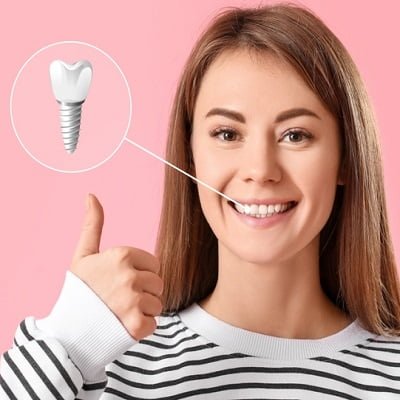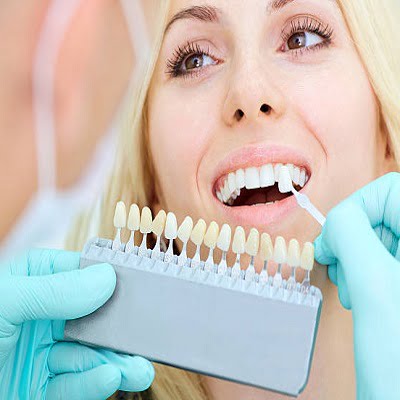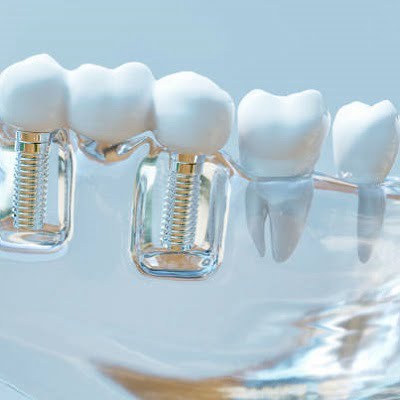Artificial Teeth remain one of the most popular treatments in Islamabad. People can avail an effective and efficient solution of dental clinics that provide a new teeth set with advanced technology and professional dentists but What is a negative about dental implants? Implantology in Islamabad is the best Oral implants that employs technology and offers customized treatment making patients have a satisfactory functional, esthetically appealing implant in addition to having a comfortable experience throughout the dental process.
What Is Orthopedic Implant in Islamabad:
A dental Implant in Islamabad is a highly technical and strong fixture which aims to act as a tooth or more than one tooth and bring smile back to the patient. Being a surgical element consisting of a screw anchored in the bone of the upper or lower jaw, a tooth plate functions as a tooth root and offers anchorage for a crown, bridge, or a partial or full denture.
The Hidden Downsides of Dental Implants:
Fake Teeth have introduced a new dimension in treatment differently from other traditional methods of handling patients with missing teeth. For this reason, even if the benefits of having tooth plates are described in all details beginning from their attractiveness, durability, and effectiveness in preserving the jaw’s bone tissue, one needs to consider the other side of the coin as well.
The Cost Factor:
- The high cost of dental implants is known to be one of the biggest disadvantages of this treatment.
- Compared to other congenial modes of replacing missing teeth including dentures or bridges, implants may sometimes be considerably more costly.
- The process is not a one-session process, it involves the use of sophisticated equipment, as well as personnel trained in the use of the equipment which also makes the price high.
- Artificial Dental is very expensive both in terms of money and time required for the method, and it becomes very costly if a patient needs more than one tooth to be replaced.
The Lengthy Process:
- Dental crowning is not a ‘walk in ,walk out process’ or a ‘fix it and done’ kind of approach.
- The enroot post just placed normally requires several months of healing before the final crown can be screwed on.
- This is required to enable the implant to bond with the jaw bone.
- This extended timeline is inconvenient to patients who would want faster results rather than waiting for the drug to be broken down naturally by the body.
Surgical Risks:
- Like any other surgical procedure, dentures also have some risks that are associated with them.
- There are complications though rare and they include infections at the infuse site, inflammation of the gums around the plantation or neighboring teeth and blood vessels, nerve injury that results in pain, numbness, or tingling and sinus problems in case an prosthesis is placed on the upper jaw.
Bone loss and implant failure
- It is clear that drills are made to prevent bone loss in the area of the jaws, there are certain situations in which it is the exact opposite.
- It could also fail if the bone fails to integrate with the injection or if there is lack of sufficient bone mass required to support the place.
- Failure of embed is stressing both emotionally and financially since the patient probably undergoes other surgeries to correct the issue.
Maintenance and Lifespan
- Tooth insertion is considered a permanent solution to this problem, but just like any other dental treatment it also has its fair share of deterioration.
- The instill post can theoretically last the entire time of a person’s life, while the crown seated on the post will have to be replaced every 10-15 years though because of the process of wear and tear.
- When caring for their oral instills, the patients need to follow their dental care routines as well as schedule regular dental checkups for the graft to last long.
Potential for Discomfort
- This work revealed that the majority of patients experienced some form of pain or discomfort, whether during or after the FakeTeeth practice.
- This may consist of pain and redness, inflammation and discoloration of the gums and facial area together with minor hemorrhage.
Final Thoughts:
Taking into account the aforementioned advantages of using tooth root imbed as the ultimate tooth replacement treatment, one should not forget about the mentioned difficulties as well. Before choosing an option that will satisfy individual needs and expectations it is critical to consult with a professional dentist. At SKN Cosmetics Clinic we pride ourselves in ensuring that our clients are given professional advice and care throughout their dental implant journey.








